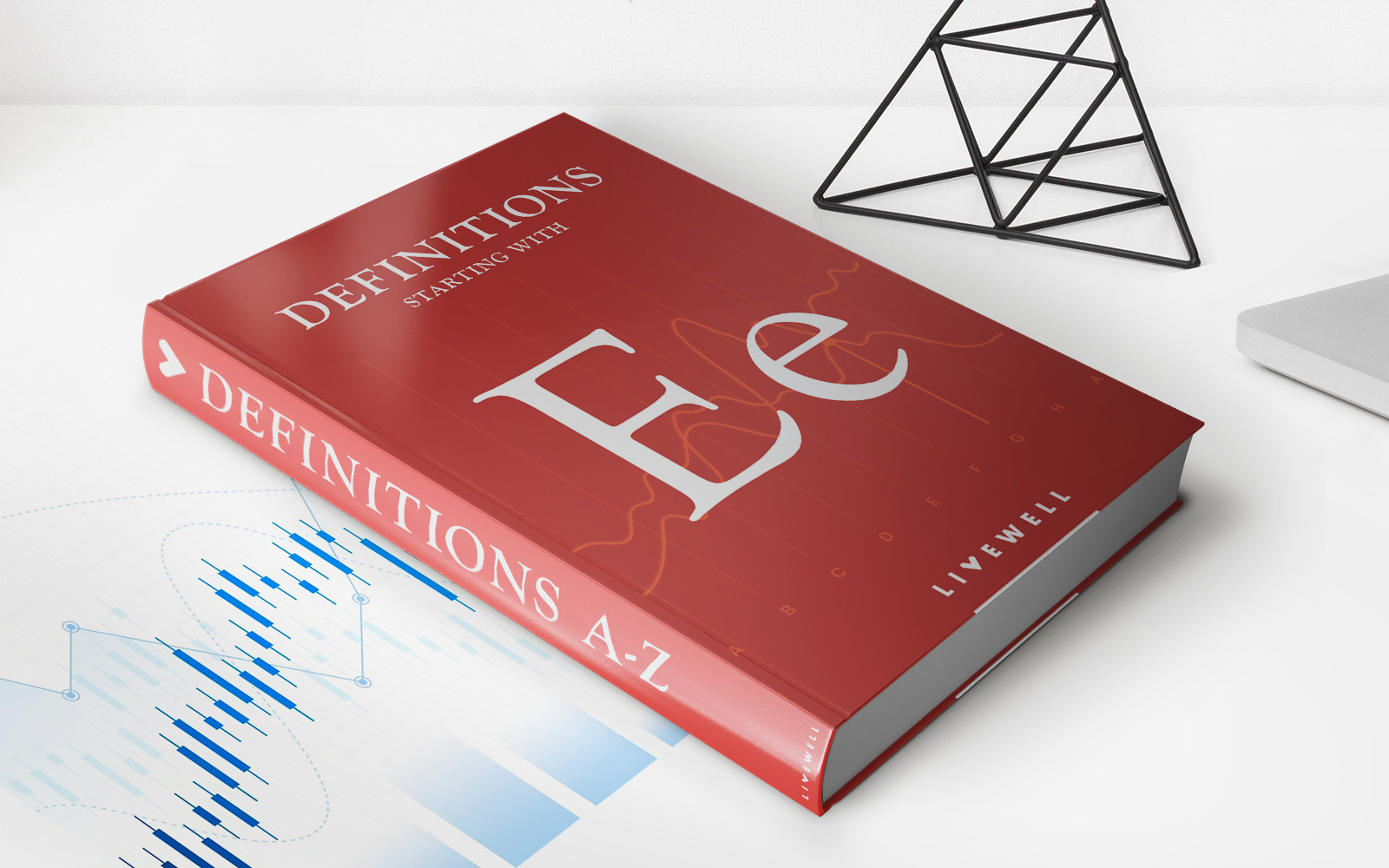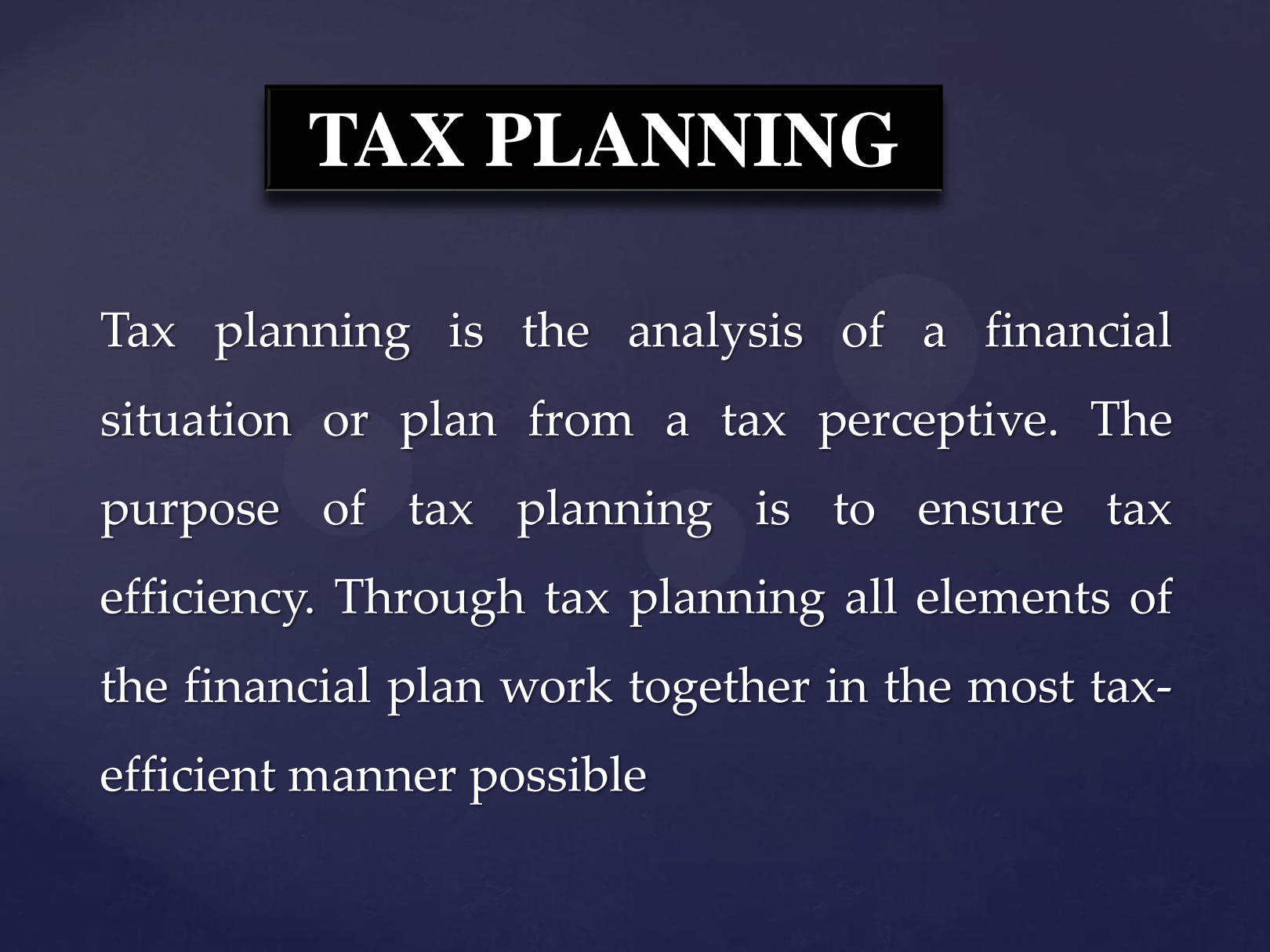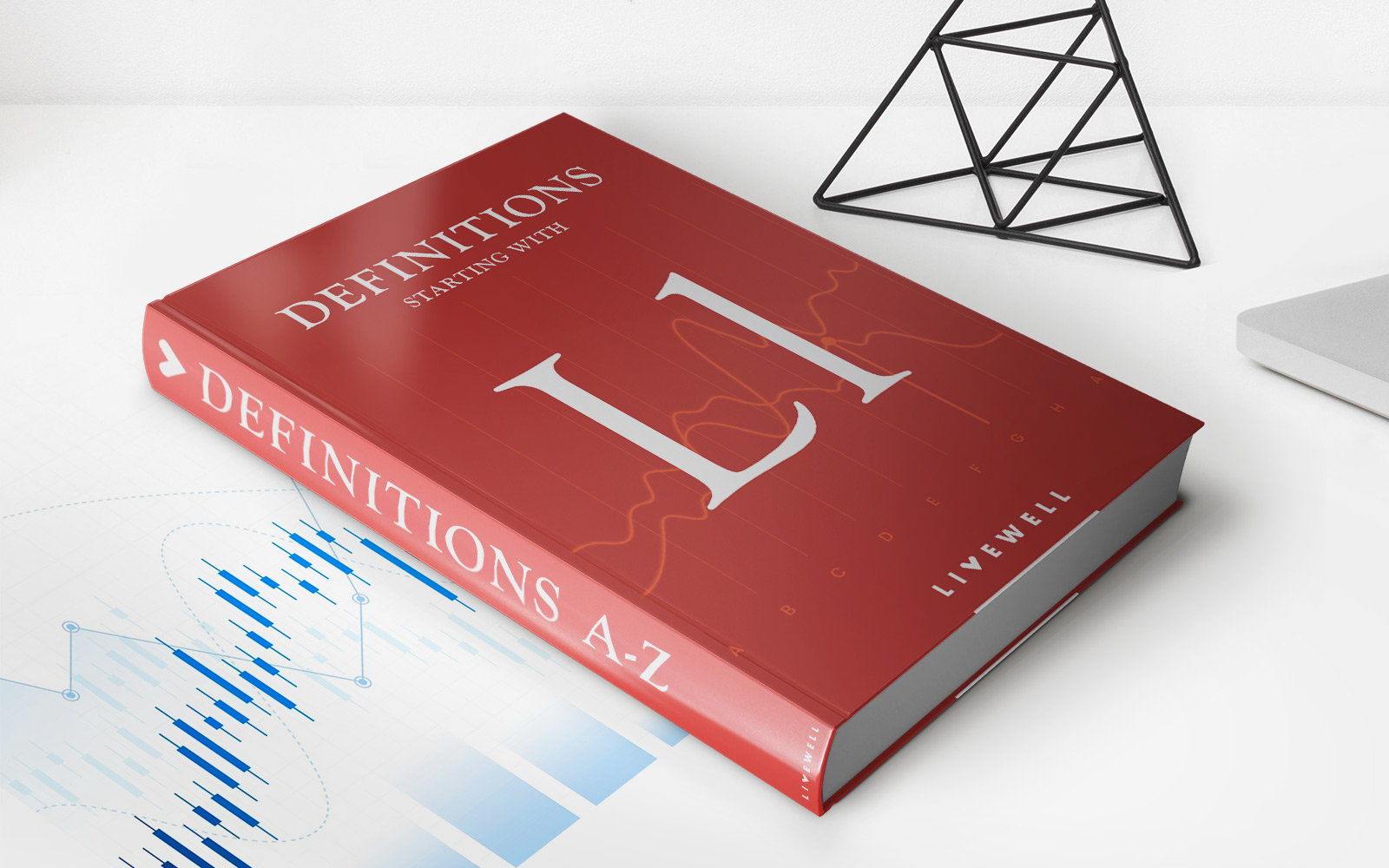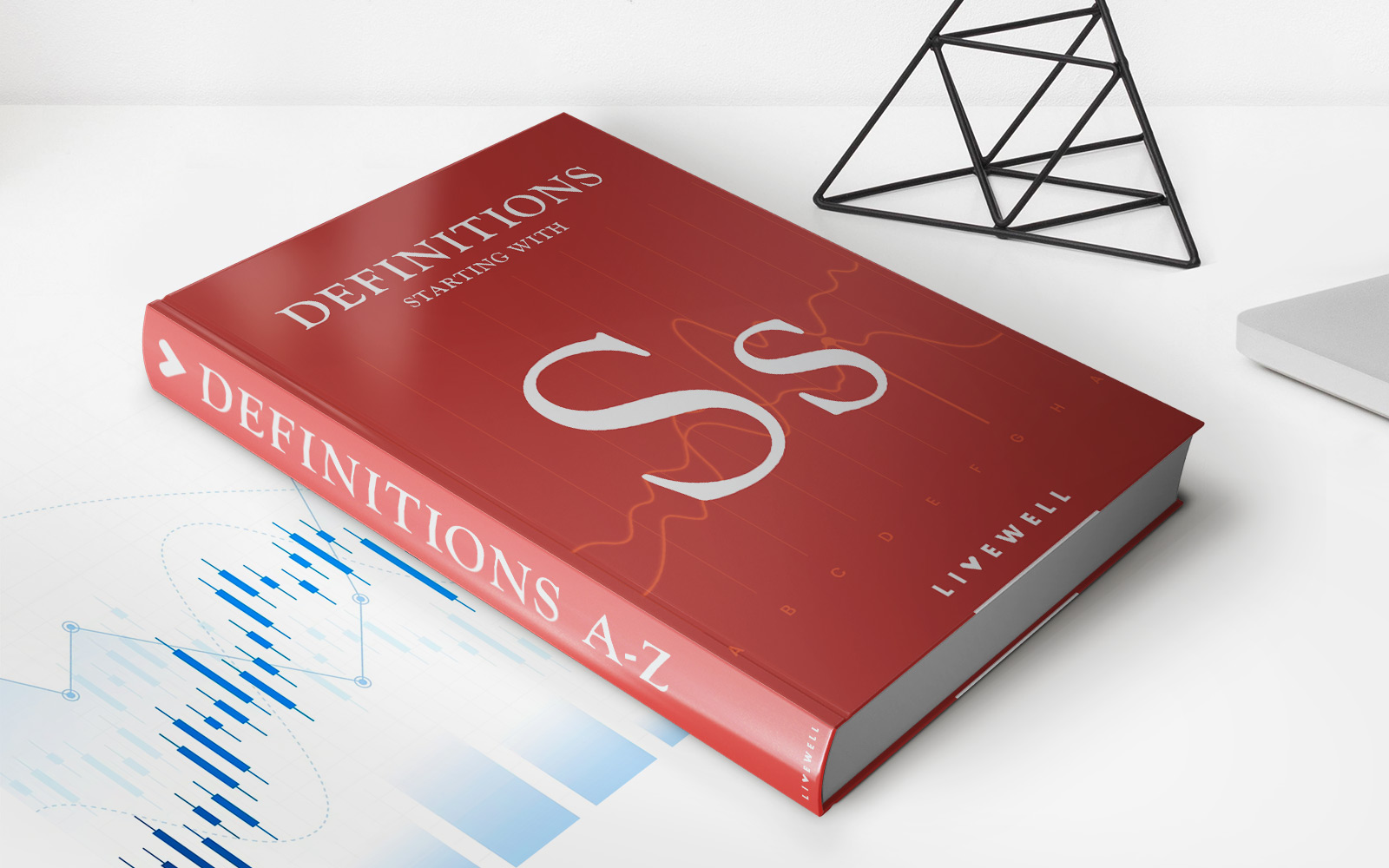Home>Finance>What Is Estate Planning? Definition, Meaning, And Key Components


Finance
What Is Estate Planning? Definition, Meaning, And Key Components
Modified: January 5, 2024
Looking to secure your financial future? Learn the definition, meaning, and key components of estate planning, an essential aspect of finance.
(Many of the links in this article redirect to a specific reviewed product. Your purchase of these products through affiliate links helps to generate commission for LiveWell, at no extra cost. Learn more)
What Is Estate Planning? Definition, Meaning, and Key Components
When it comes to personal finance, estate planning is an essential aspect that should not be overlooked. But what exactly is estate planning? In this blog post, we will explore the definition, meaning, and key components of estate planning, shedding light on why it is a crucial element of financial management that everyone should consider.
Key Takeaways:
- Estate planning involves creating a comprehensive plan for the management and distribution of your assets and properties after your passing.
- Key components of estate planning include writing a will, establishing trusts, appointing guardians for minor children, and considering tax implications.
Estate planning is the process of creating a well-thought-out strategy for the management and distribution of your assets, properties, and investments after your passing. It involves making decisions about who will inherit your assets, how they will be distributed, and who will be responsible for managing them. While the topic of estate planning may seem morbid or daunting, it is an essential part of ensuring that your wishes are carried out and that your loved ones are provided for in the future.
Now that we understand what estate planning entails, let’s delve into its key components:
- Writing a Will: One of the fundamental elements of estate planning is creating a legally binding document that outlines your wishes for the distribution of your assets. A will allows you to specify who will inherit your property, appoint an executor to handle the administration of your estate, and even designate guardians for minor children if applicable.
- Establishing Trusts: Trusts are versatile tools used in estate planning to manage and distribute assets. They can help minimize estate taxes, avoid probate, provide for children or beneficiaries with specific needs, and even protect assets from irresponsible spending or creditor claims. Trusts offer flexibility and control, allowing you to structure the distribution of your assets according to your specific wishes.
- Appointing Guardians for Minor Children: If you have young children, estate planning provides an opportunity for you to designate legal guardians who will care for them in the event of your untimely passing. This decision ensures that your children will be well-cared for and protected by someone you trust.
- Considering Tax Implications: Proper estate planning takes into consideration potential tax implications that may arise during the transfer of assets. By structuring your estate in a tax-efficient manner, you can potentially minimize the tax burden for your heirs and preserve more of your estate for their benefit.
While these are some of the key components, estate planning is a highly individualized process that can be tailored to your specific circumstances and goals. Consulting with an experienced estate planning attorney or financial advisor can help ensure that you establish a comprehensive plan that addresses all your needs.
Remember that estate planning is not solely for the wealthy or older individuals. No matter your age or financial status, having an estate plan in place can provide peace of mind, protect your loved ones, and ensure that your assets are distributed according to your wishes.
In conclusion, estate planning is an integral part of financial management that involves creating a comprehensive plan for the management and distribution of your assets after your passing. By understanding the meaning and key components of estate planning, you can take proactive steps to protect your financial legacy and provide for your loved ones.














